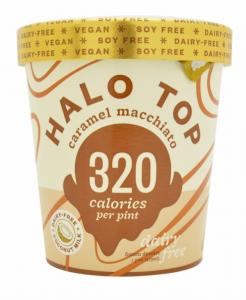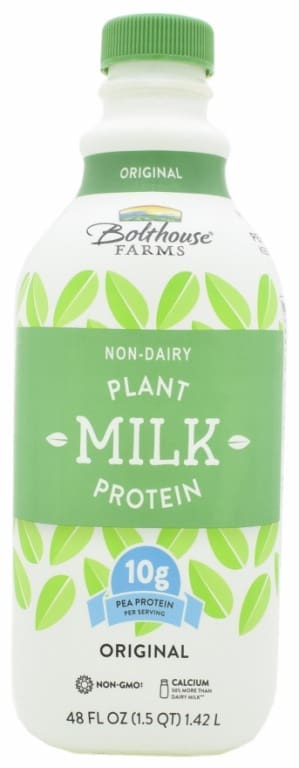-
Articles + –
Plant protein ingredients have a bright future ahead. Major brands have started to experiment with plant-based offerings, illustrating the appeal of plant-based products to an increasingly broad and mainstream consumer base. Plant-based foods are no longer niche and are starting to form a more central part of the innovation pipelines of food and drink brands.
High-protein claims are also rising in food, drink and supplements, reflecting consumers’ interest in protein as a nutrient for health and wellness. Demand for ‘plants’ coupled with demand for ‘protein’ in food and drink should pave a bright future for plant-protein ingredients. Traditional sources of protein, such as meat, dairy and fish, are often cited for having a much greater negative impact on the environment. Concern over the environment coupled with the ethics of animal welfare are key reasons why many consumers are starting to look to plant proteins.
Plant proteins yes, but which?
Plant proteins, milk proteins, and collagen (derived from a number of different animal species) are the most commonly used groups of protein ingredient in food, drink and supplement product launches. Over recent years, milk proteins and collagen have declined in product launches, whereas plant proteins have shown a slight increase.
Grains and legumes are the preferred sources of non-traditional protein for a high percentage of German consumers (56% and 49% respectively). However, proteins from these sources may not appeal in all forms. Peas, for example, are a natural source of protein and are a familiar vegetable that will resonate with consumers as healthy and safe. By contrast, pea protein, in concentrated or isolated forms, is likely to evoke a very different image in consumers’ minds to the humble garden pea.
[row][one_half]

[row][one_half]Bolthouse Farms Original Plant Protein Milk is made from pea protein and contains 50% more calcium than dairy milk.
[/one_half][one_half]This coconut milk-based frozen dessert contains pea protein to deliver the textural properties expected of frozen dessert.
[/one_half][/row]
In Germany, just one in five (19%) of consumers agree that concentrated proteins are as appealing as whole food sources of protein. One in three (31%) of Germans agree that the ingredients added to products to make them high protein are worrying. This shows, that while proteins are appealing, more innovation and transparency is needed, for consumers to be fully on board.
Algae proteins are a focus for the future
Marine plants, such as seaweeds and other algae, have long been processed by the food industry to create additives such as agar and carrageenan, which are commonplace in food and drink. Recently, growing attention is being given to the nutritional value of algae, including protein content. These plants represent a promising future protein source, although further research is needed to realise the full potential of marine plants as protein sources.
Be sure to catch Emma Schofield’s presentation on ‘the evolution of the protein trend’ at the Health Ingredients Europe (HiE) Conference’s Future of Nutrition Summit on Tuesday, 27th November 2017 at 10:30.

Emma is the Associate Director, Global Food Science, covering nutrition health and wellness, ingredients and additives, new trends, food labeling and regulation across all categories.
-
Mintel StoreGet smart fast with our exclusive market research reports, delivering the latest data, innovation, trends and strategic recommendations....View reports
-
Mintel LeapMintel Leap is a revolutionary new AI-powered platform that will transform your research process....Book a demo








































